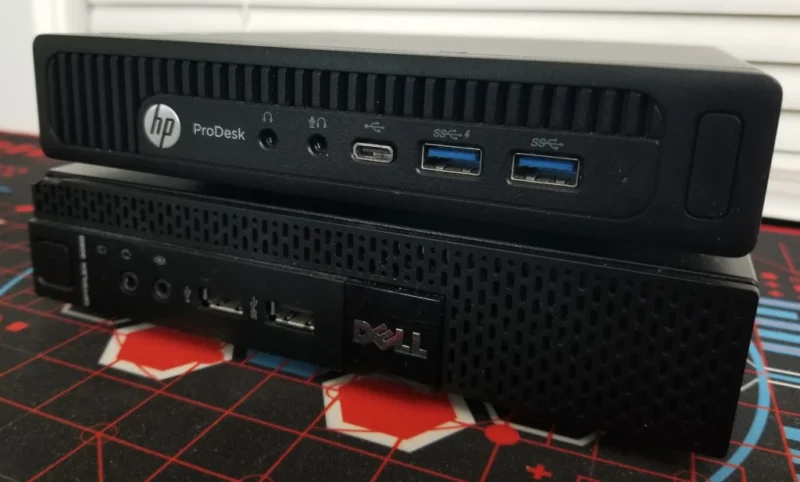
what is mini pc used for?
Mini PCs have become increasingly popular in recent years, providing a compact and portable alternative to traditional desktop computers. These small computers are versatile and have a range of applications, making them an excellent option for many different types of users. In this article, we will explore the various uses of mini PCs and explain how they can be used to meet your computing needs.
What is a Mini PC?
A mini PC, also known as a small form factor (SFF) PC, is a compact computer that is much smaller than a traditional desktop computer. These machines are typically about the size of a small book or a set-top box and are designed to be portable and easy to use. Despite their small size, mini PCs are fully functional computers that can run most of the same software as a regular desktop PC.
Uses of Mini PCs:
Home Entertainment: One of the most popular uses of mini PCs is for home entertainment. With the right setup, a mini PC can be used to stream movies, TV shows, and music. Some of the popular streaming services, such as Netflix, Amazon Prime, and Hulu, have dedicated apps that can be easily installed on a mini PC. Additionally, a mini PC can be connected to a TV or projector to create a home theater system.
Gaming: Mini PCs can also be used for gaming, although their performance may not match that of a dedicated gaming PC. However, many mini PCs come with dedicated graphics cards that are capable of running some of the latest games. Additionally, some mini PCs can be upgraded with additional RAM and storage to improve their gaming performance.
Office Productivity: Mini PCs can be used for office productivity tasks such as word processing, spreadsheet management, and email. They are particularly useful for small businesses or home offices with limited space. Mini PCs can also be used as thin clients, allowing users to connect to a virtual desktop environment.
Digital Signage: Mini PCs can be used for digital signage in retail stores, airports, and other public places. They can be connected to large displays to show advertisements, product information, and other promotional materials.
Home Automation: Mini PCs can be used to control smart home devices such as lights, thermostats, and security systems. With the right software and hardware, a mini PC can be used as a central hub for home automation.
Education: Mini PCs can be used in education settings, providing a cost-effective alternative to traditional desktop computers. They can be used for basic computing tasks, research, and online learning.
Media Production: Mini PCs can be used for basic media production tasks, such as video editing, audio recording, and graphic design. While they may not be as powerful as a dedicated workstation, they can still handle basic tasks and are ideal for hobbyists or small businesses.
POS Systems: Mini PCs can be used as point-of-sale (POS) systems in retail stores, cafes, and other businesses. They can be connected to cash registers, barcode scanners, and other peripherals to process transactions and manage inventory.
Digital Libraries: Mini PCs can be used to create digital libraries, storing and organizing digital documents, books, and other resources. They can be connected to large displays to create a public kiosk or used by individuals for personal reference.
Home Recording Studios: Mini PCs can be used to create home recording studios for musicians and podcasters. They can be paired with audio interfaces and software to record and edit audio, making them a cost-effective option for hobbyists.
Digital Art: Mini PCs can be used for digital art, such as drawing, painting, and 3D modeling. They can be paired with digital art tools and software, such as drawing tablets and Adobe Creative Suite, to create digital art projects.
Conclusion:
From home entertainment to office productivity, digital signage, home automation, and education, mini PCs can be used for a wide range of tasks. If you’re in the market for a mini PC, consider purchasing one from GEEKOM. They offer a range of mini PCs to fit your computing needs, from home entertainment to office productivity and everything in between.



